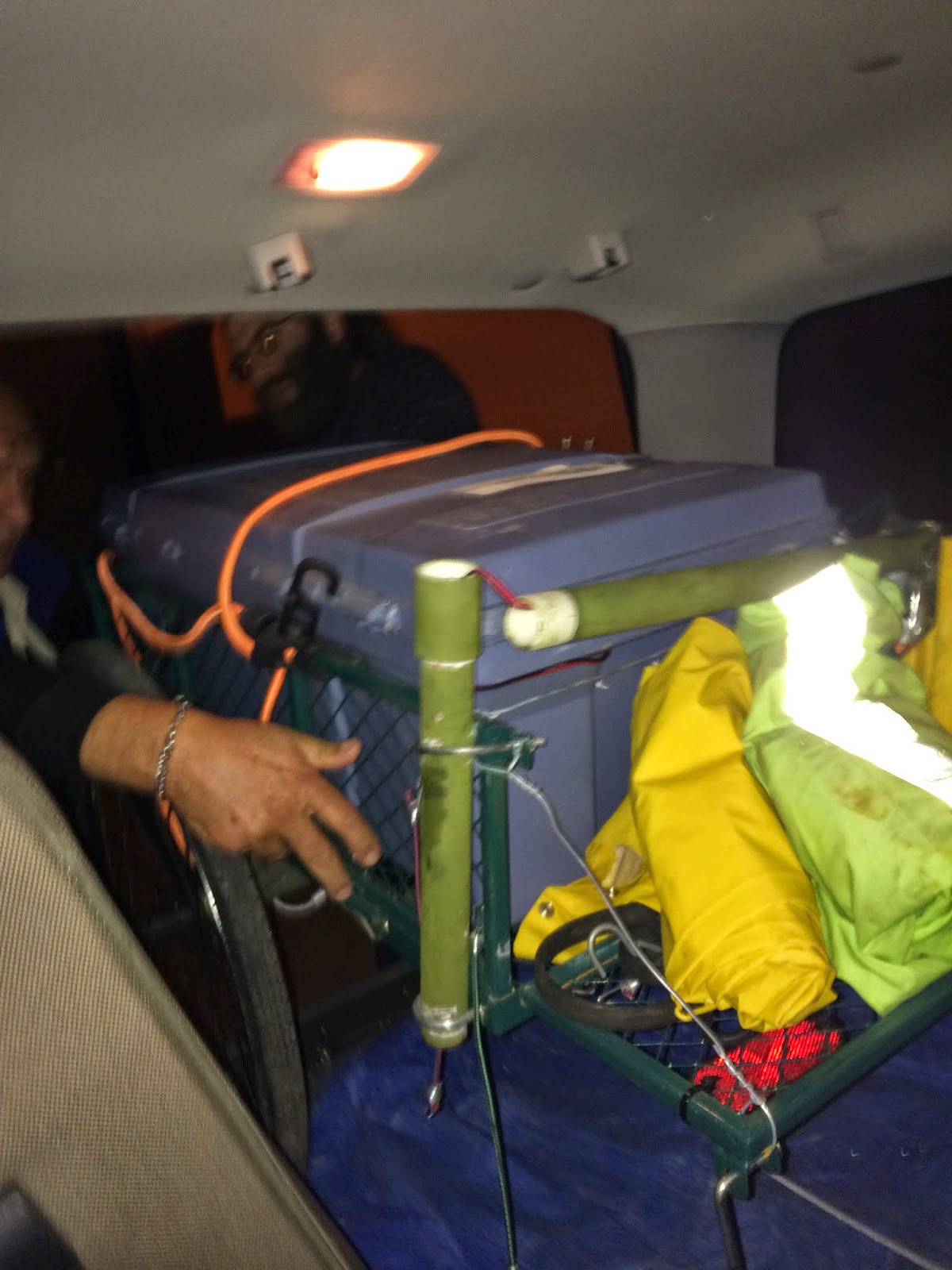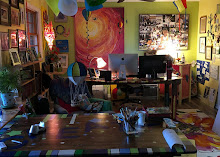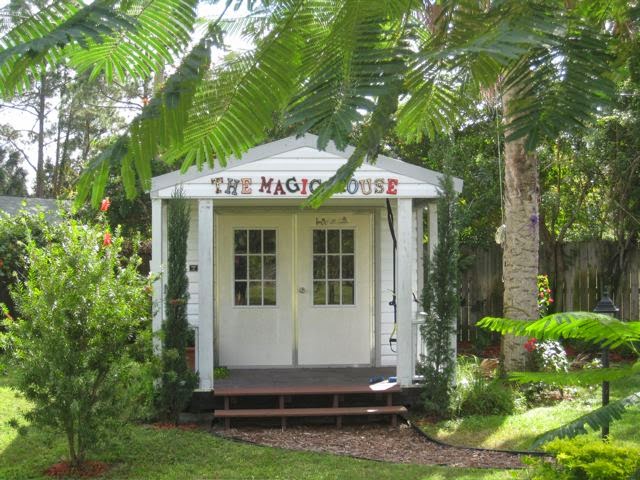“Just switch me off…” she said looking away.
“What’s that, Mum?” I’m snapped out of my little reverie feeling like a surprised lizard on a rock.
“I want to switch myself off,” Mum repeated in her new gravelly voice.
We’d been silently watching children play on the beach under Brighton pier on a glorious sunny Sunday, after having perfect stroll together.
A shiver ran down my spine. “What’s that Mum?”
“Switch myself off, you know. Just click,” she said as she pulled on some invisible switch or pulley. “Click and then spread my wings…” she paused, still not looking at me. “… I don’t want to be living anymore, not like this.” She sighed and slowly leaned her head on my shoulder.
“Oh, Mum. What a strange thing to say. What made you think of that?”
“I hate this, Noony …” again she paused, and I gaped. She hadn’t called me by either my nickname or my given name in months. “Not remembering, missing Brian, losing my beautiful home, I’m such a pest …”
“Oh, Mum…” I choked up. She knows! She remembers and understands everything! Tears spilled. They did so easily those days. It seemed like sorrow was only a word away. Don’t. I chided myself and fisted my eyes.
“It’s alright, Noony, darling. It’s a good thing, it’s what I want. Isn’t there somewhere that does it? I don’t want to be a nuisance anymore.”
She was so lucid I felt as if I was sitting next to my whole and practical mother again. In a nano-second, we’d exchanged roles again, back to the way it had always been, she the mother and I the daughter. She stroked my hand in hers.
“I remember watching something with Brian.”
I don’t want to be having this conversation. But there was another part of me that was actually thinking furiously: What if we could? Would we? “A film?” I asked, choosing not to twist around to look at her while we talked, but rather to keep staring at the children building sandcastles in the distance. They never tire of making sandcastles, do they? No matter what beach, in what country, in what language, they’re always building sandcastles. And laughing.
“A film.” She repeated.
And I heard the hitch in her voice.
She was sucked back into the fog.
We never did it. I don't think we'd have had the guts to do it. We did look into it, but the place that did it in Switzerland at the time, required the "patient" to be of sound mind.
The next few years, were utterly heartbreaking.
The curtain came down last year for Mum, and it's taken me all this time to get back here.











